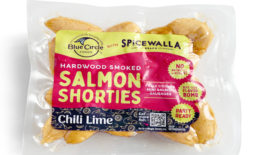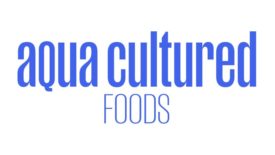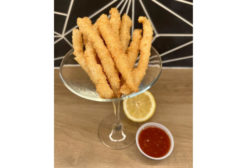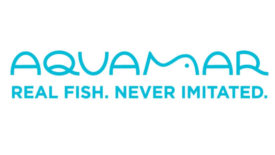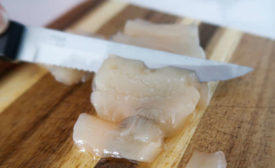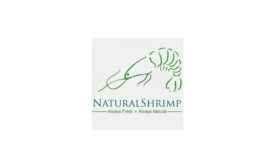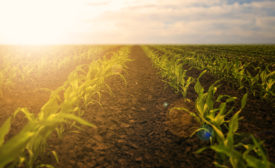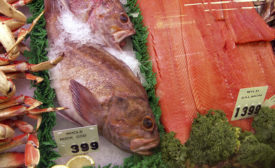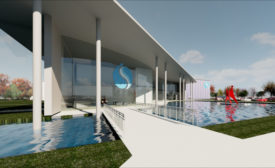Home » Keywords: » aquaculture
Items Tagged with 'aquaculture'
ARTICLES
Aqua Cultured Foods Begins Buildout of Chicago Manufacturing Facility for Plant-Based Seafood
Startup says the food-grade facility is ‘final step’ to commercialization
January 16, 2023
Report outlines Top 5 food sustainability trends for 2020
While there is still a sizable gap in the availability of sustainable products, a number of trends for 2020 indicate that brands and consumers are moving in a positive environmental direction.
November 26, 2019
AquaMaof Aquaculture Technologies reveals R&D facility for land-based shrimp production
What is said to be an industry first, AquaMaof adapted its recirculating aquaculture system (RAS) technology to the commercial production of L vannamei shrimp with a high-survival rate and disease-free results.
October 22, 2019
BlueNalu announces first-of-its-kind commercialization facility for large-scale production of cell-based seafood
BlueNalu plans to produce seafood from species that are overfished, primarily imported, contain higher levels of mercury and other environmental pollutants and/or are difficult to farm-raise.
August 23, 2019
Get our new eMagazine delivered to your inbox every month.
Stay in the know on the latest food and beverage manufacturing markets.
SUBSCRIBE TODAYCopyright ©2024. All Rights Reserved BNP Media.
Design, CMS, Hosting & Web Development :: ePublishing
